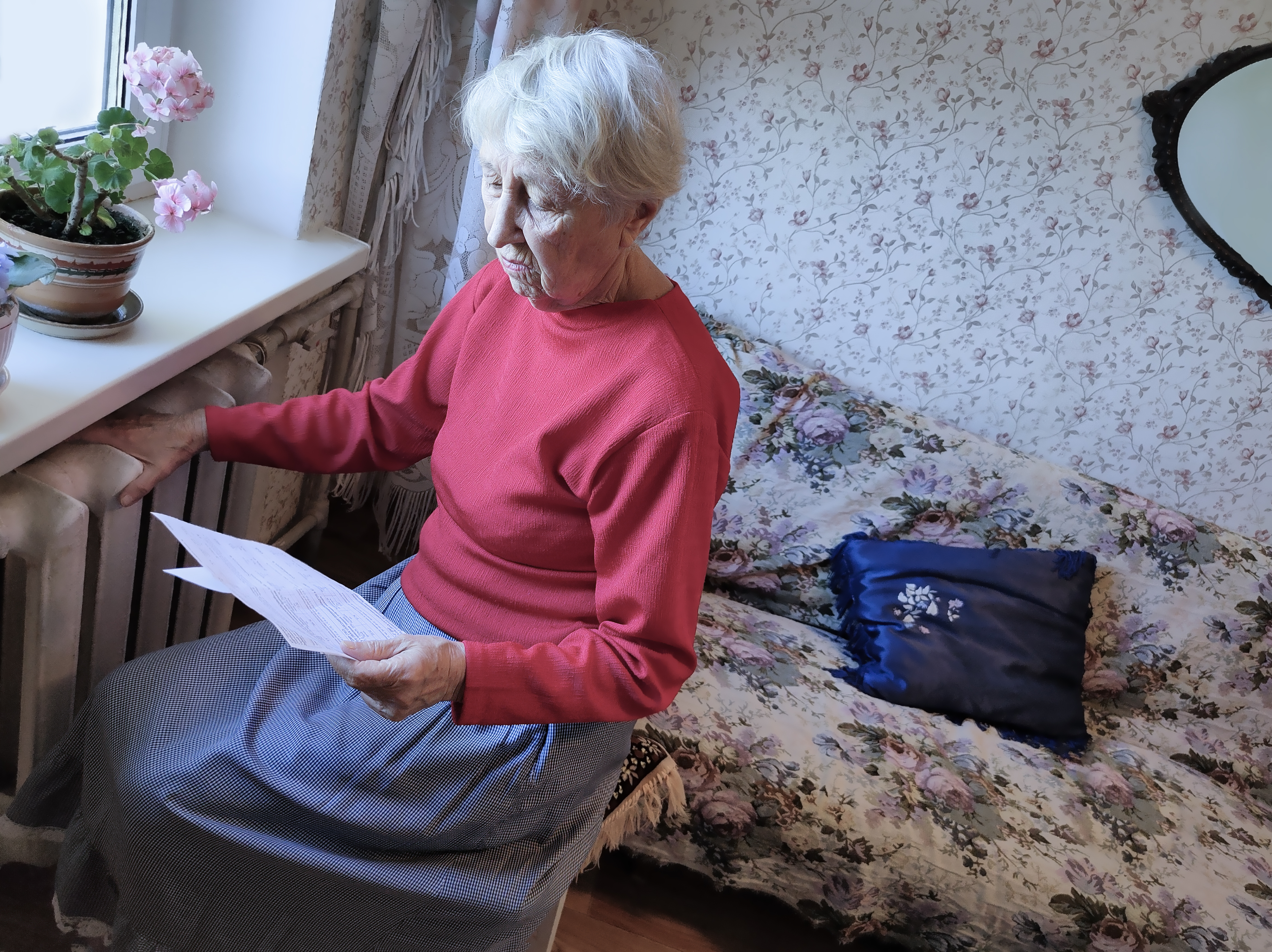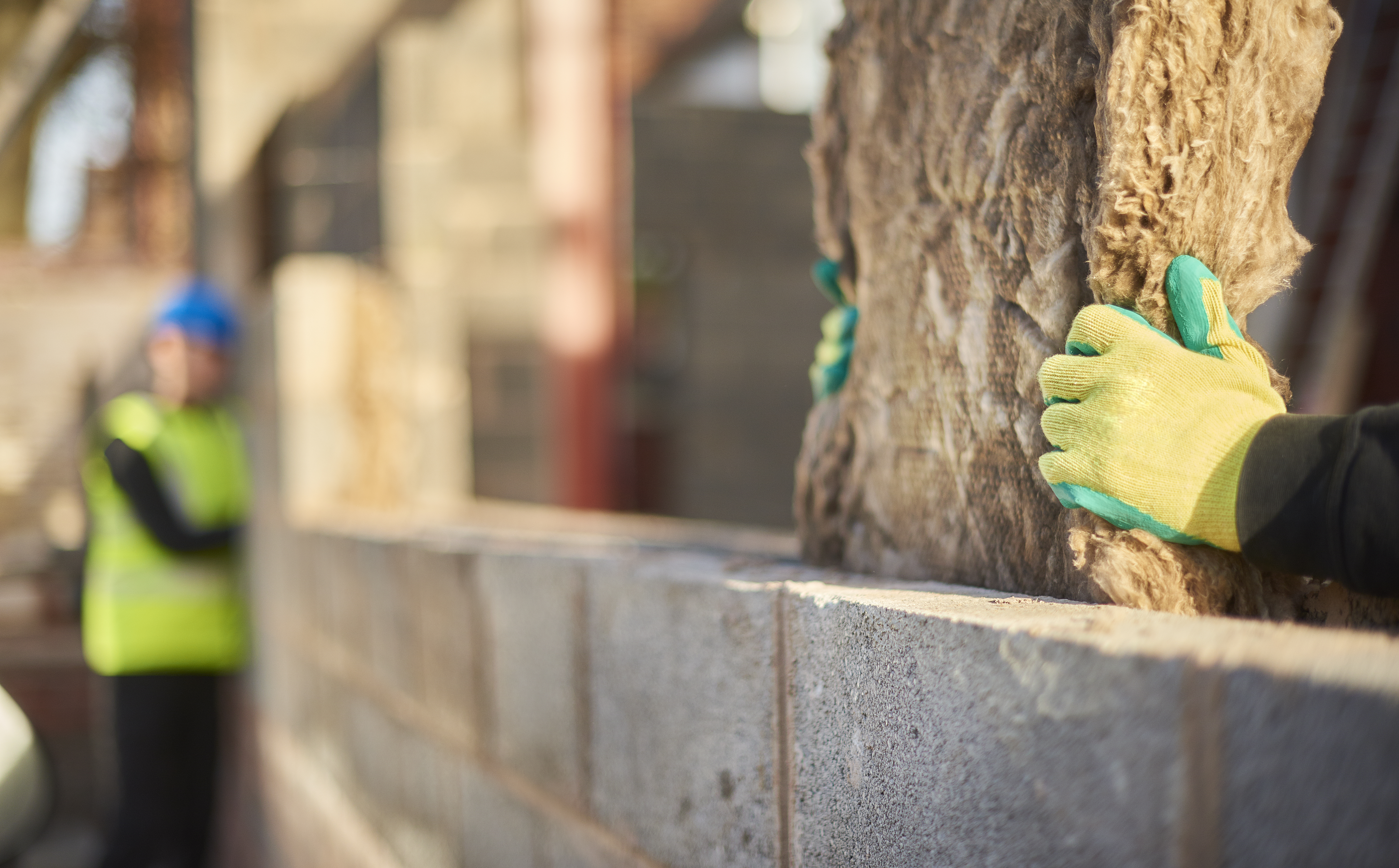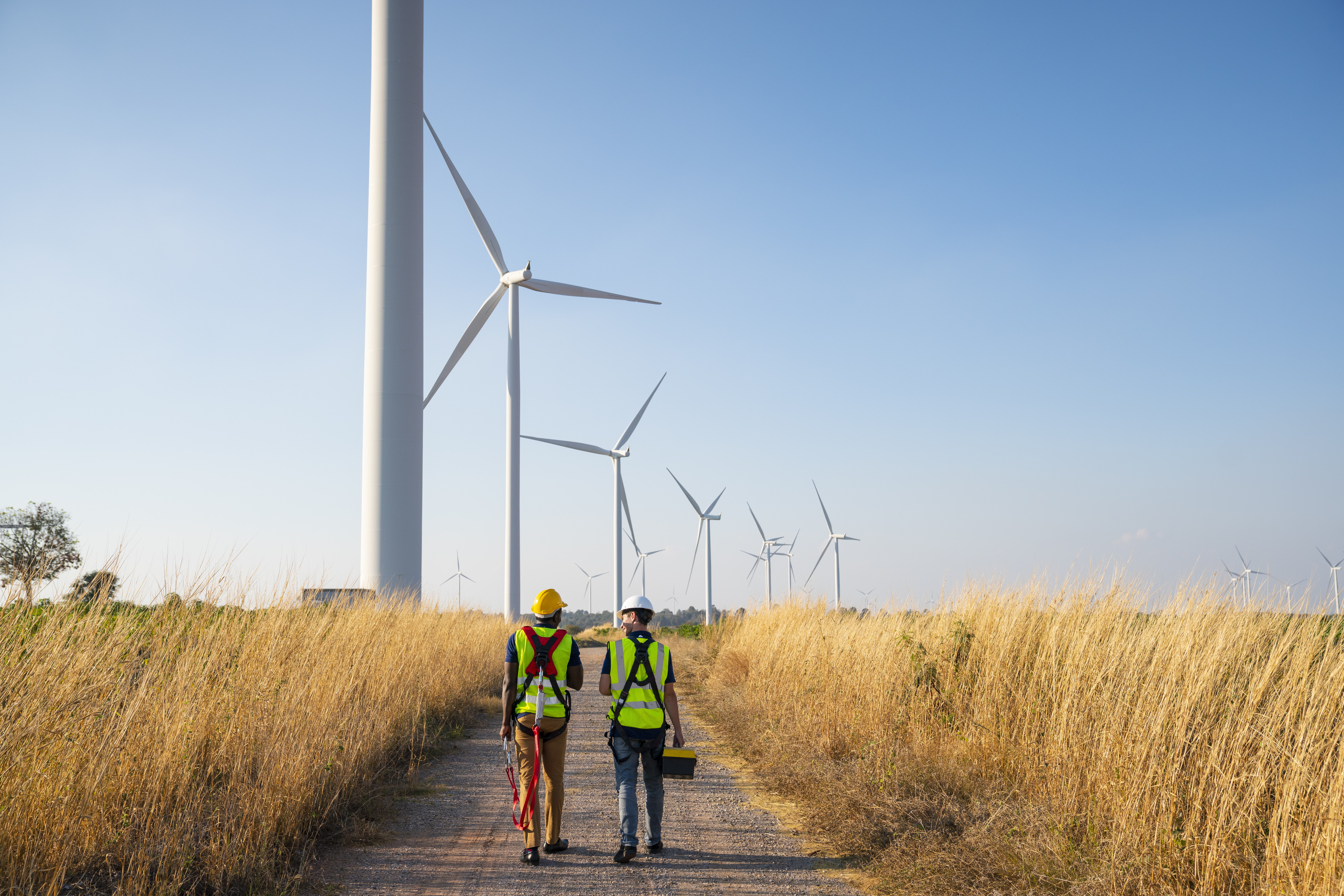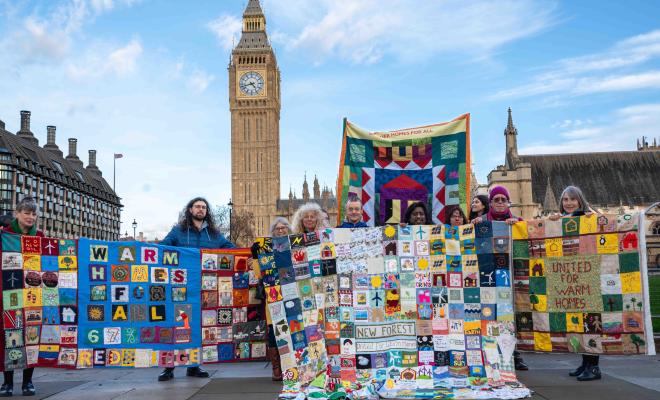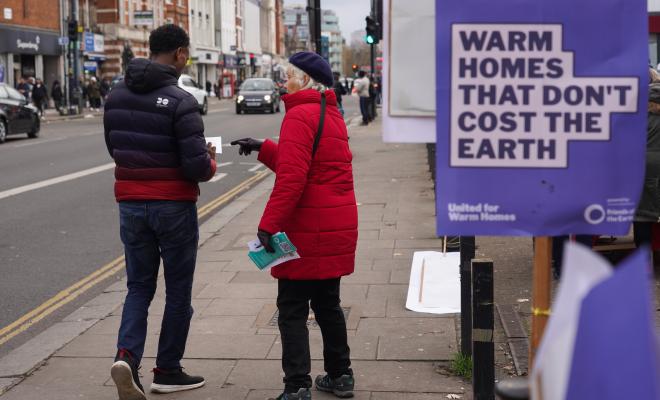21 Jan 2026
1. Support people dealing with sky-high energy bills
What’s the problem?
Unacceptably high numbers of households are living in cold homes. This is causing people to suffer from serious physical and mental health conditions and costing society tens of billions each year through ill health, increased bills, lost productivity and carbon emissions.
Although rising energy prices affect us all, some of us are impacted worse than others, with fuel poverty disproportionately affecting certain communities such as disabled people, those on low incomes and private renters. People of colour are over 40% more likely to be living in fuel poverty.
What's the solution?
The Warm Homes Plan outlines proposals on how the government intends to reduce energy bills. However more support is needed and the government(s) should provide financial support to help all low-income households heat their homes. Social tariffs – which allow low-income households to be charged less for their energy usage – should be implemented and targeted fairly to support those on low incomes and people with medical needs.
2. Insulate our heat-leaking homes
What’s the problem?
The UK has some of the coldest and costliest homes to heat in Europe, with more than half classed as energy inefficient. Draughty homes waste energy and money and are causing serious impacts on peoples' health. They’re also bad for the planet: a fifth of the UK’s climate emissions come from heating our homes and buildings.
Upgrading our homes with insulation is the cheapest and easiest way to permanently reduce our bills and cut emissions. Insulation helps trap warmth inside, reducing the amount of energy we need to use in the first place. Over 7.2 million homes still need either cavity wall insulation, loft insulation or both. But because of the upfront cost or our housing situation, many of us can’t make the necessary changes on our own.
What's the solution?
The Warm Homes Plan sets measures for improving energy efficiency, but the pace and scale are still too limited. The Warm Homes Plan sets out tougher energy efficiency rules for rental homes, alongside rolling out some funding to deliver insulation programmes through local authorities. This is a step in the right direction; however, further funding is required to meet the scale of the crisis.
The roll out of insulation programmes should start in neighbourhoods that are most affected by fuel poverty, as identified in our energy crisis hotspot data. By doing this, we can help as many people as possible stay warm during the cold winter months. The programme should be free of charge to all households in low-income neighbourhoods, and it should also include rented properties, as private renters are disproportionately affected by fuel poverty. To make sure these programmes deliver real benefits, they must also be backed by strong standards, proper oversight and enforcement, so that every home is insulated safely and effectively, and public trust in these measures increases.
In Wales, Scotland and Northern Ireland, funding should be available to deliver insulation programmes in the ways that best suit their needs.
By investing money in insulation, we can save our society billions in costs related to the NHS, higher caring costs, bigger energy bills, lost productivity from ill health and larger carbon emissions.
3. Power our energy system with cheap, green renewables
What’s the problem?
In the UK over 80% of homes are dependent on gas for heating. This over-reliance has made us vulnerable to volatile global gas prices and has left millions of us struggling to afford our energy bills.
What’s more, it's also worsening the climate crisis. Heating our homes is currently responsible for 14% of UK greenhouse gas emissions.
For too long, we’ve been left paying the price for oil and gas companies’ enormous profits. It's time we ended our reliance on this expensive and polluting fossil fuel.
What's the solution?
We need to shift towards using electric heating in our homes, powered by renewables. Heat pumps provide the best alternative to gas boilers, with new high-temperature models meaning they’re suitable for nearly all homes. The Warm Homes Plan includes £2.7 billion boiler upgrade scheme to support householders to fit heat pumps – this is a good start, but more funding is needed, alongside better mechanisms to support low-income household.
And to end our reliance on gas completely, we need the UK to move to a homegrown renewable energy system. Luckily, we have huge potential to generate clean energy both onshore and offshore from wind and solar.
Not only is renewable energy good for our planet, but it's good for our pockets too. Homegrown renewable energy is now the cheapest form of electricity. It's also much quicker and cheaper to build new onshore wind and solar farms than to develop new fossil fuel plants.
To transition to an energy system powered by cheap, green renewables, we need:
- An urgent switch to heating powered by renewable power, primarily through heat pumps.
- Support for the rapid growth of renewable power through the government’s Contracts for Difference scheme, which offers renewable energy projects a guaranteed price for the energy they produce.
- Investment in upgrading electricity networks so that they’ll cope with greater demand when electric vehicles and electric heating, such as heat pumps, become the norm.
- A change to the way electricity is priced, so it’s no longer tied to the cost of gas. At the peak of gas prices, this led to electricity costing 9 times more than it costs to generate renewable electricity. Changing this will mean renewable energy could be much cheaper, bringing down household energy bills.
See our specific asks for the Welsh Government.


